7 Inspiring GTM Strategy Examples To Boost Growth In 2025


The race for B2B SaaS growth in 2025 is fiercer than ever, with innovative go-to-market strategies defining who leads and who follows. Companies are harnessing new technologies, unified teams, and data-driven tactics to unlock pipeline acceleration and measurable ARR impact.
This article brings you 7 inspiring gtm strategy examples, each proven in the field by top SaaS and enterprise software leaders. From product-led and inbound engines to community growth and AI-powered automation, these stories reveal what it takes to win in today’s market.
Ready for actionable takeaways? Discover real-world models you can adopt or adapt to fuel your next stage of growth.
What Makes a GTM Strategy Successful in 2025?
In 2025, a winning GTM strategy is more than just a launch plan—it’s a dynamic blueprint for growth in B2B SaaS. As competition intensifies, innovative gtm strategy examples and use cases show that true success hinges on aligning product, marketing, and sales as one unified force. This approach enables companies to adapt quickly, execute flawlessly, and stay ahead in a rapidly evolving market.
The rise of AI, especially Agentic AI, is reshaping how gtm strategy examples are planned and executed. Agentic automation orchestrates complex GTM tasks, from lead qualification to customer onboarding, with unprecedented speed and precision. Unified GTM teams leveraging these technologies have seen up to 30% higher ARR growth, according to recent industry benchmarks.
Key success factors for GTM in 2025:
- Product-market fit validated by real customer data
- Data-driven execution with rapid iteration cycles
- Scalable revenue models that adapt to market shifts
- AI-driven enablement for every stage of the customer journey
The shift toward PLG, hybrid sales motions, and automation means measurable outcomes matter most: pipeline acceleration, shorter sales cycles, and stronger retention. Embracing these trends will define the next generation of SaaS leaders.
7 Inspiring GTM Strategy Examples To Boost Growth In 2025
Unleashing growth in B2B SaaS for 2025 demands more than theory—it requires proven action. Explore these 7 gtm strategy examples, each illustrating a unique path to measurable success. From unified advisory to viral product adoption, these stories show how alignment, innovation, and AI-driven automation can accelerate pipeline and ARR.
GTM Consult – Unified B2B SaaS GTM Advisory
GTM Consult brings a tailored approach to gtm strategy examples, offering custom pricing models for startups and scale-ups. Their services span end-to-end GTM strategy, product-market fit validation, and alignment of sales and marketing teams. Clients benefit from operational dashboards and interim CMO/COO support, leading to accelerated pipeline growth and clear ARR connections.
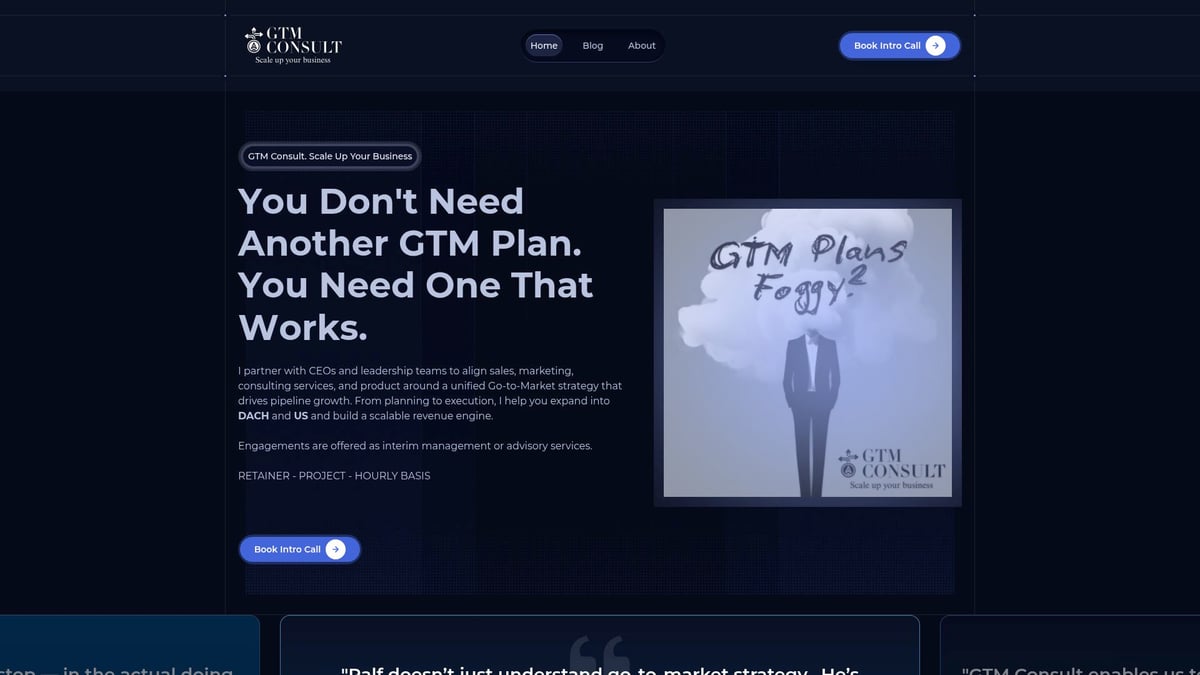
- Target Audience: SaaS startups, scale-ups, VC/PE-backed firms in DACH and US
- Pros: Deep tech focus, flexible engagement
- Cons: Not a plug-and-play tool
Ideal for organizations transitioning between product-led and sales-led growth or entering new markets. For a hands-on framework to plan your own approach, see this Go-to-market plan template guide.
Notion – Community-Led & Viral Product Adoption
Notion exemplifies gtm strategy examples where community drives viral growth. With a generous free plan and tiered pricing, Notion’s all-in-one workspace thrives on user-generated templates and integrations. The platform’s engaged user base fuels bottom-up adoption, while its versatile toolkit supports teams, creators, and enterprises.

- Pros: Strong user community, rapid adoption
- Cons: Steep learning curve for advanced features
This model works best for organizations seeking to harness community-led momentum and foster knowledge sharing.
HubSpot – Inbound Content Engine & Freemium Expansion
HubSpot’s gtm strategy examples focus on inbound marketing mastery. By combining a free CRM with paid Hubs for marketing, sales, and service, HubSpot attracts leads through high-value content and seamless upsell paths. Its robust automation and content management empower both SMBs and mid-market teams.
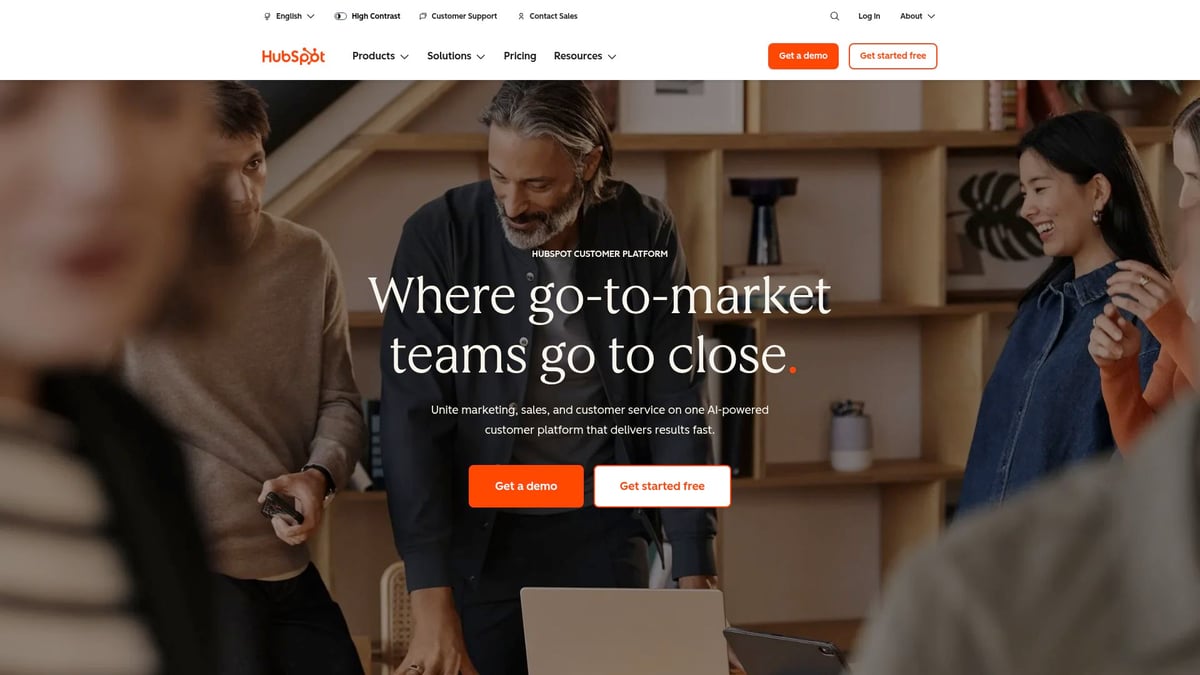
- Pros: Massive content library, scalable suite
- Cons: Complexity at scale, rising costs with add-ons
Ideal for inbound-led GTM, content-driven growth, and multi-product expansion.
Loom – Product-Led Growth with Viral Loops
Loom stands out among gtm strategy examples for its product-led approach. Offering instant video messaging and easy integrations, Loom’s free plan encourages viral sharing. Quick onboarding and immediate value drive widespread adoption, especially for distributed teams and sales.
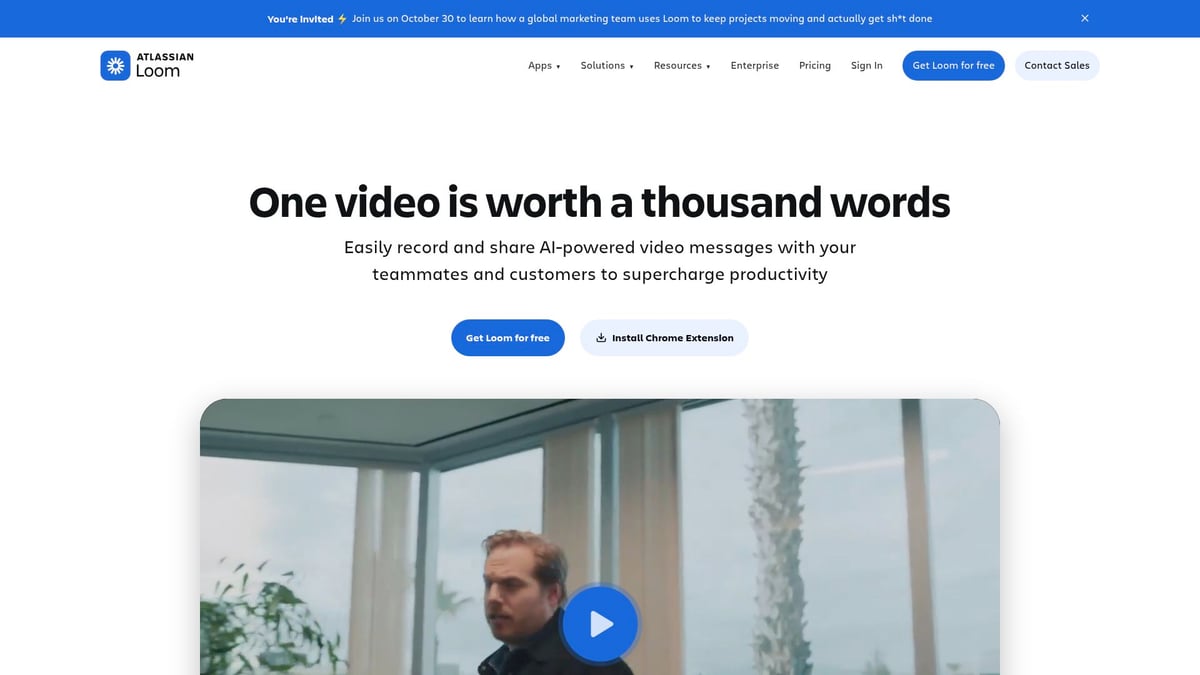
- Pros: Viral growth, low friction onboarding
- Cons: Feature overlap, limited analytics
Best for asynchronous communication, launching new features, and activating PLG motions.
Zoom – Freemium Model & Integration Ecosystem
Zoom’s gtm strategy examples are built on a freemium model and a thriving integration marketplace. With frictionless onboarding and viral meeting links, Zoom scaled rapidly across industries. Its robust app ecosystem and high NPS make it a staple for enterprises, educators, and remote teams.
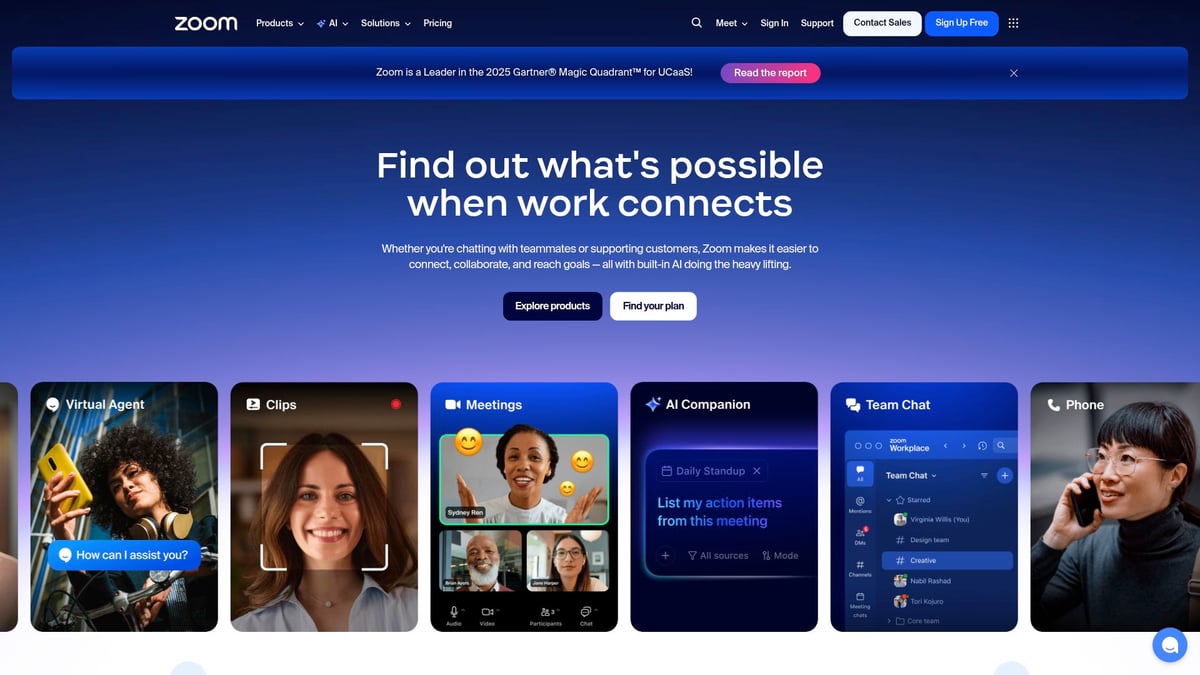
- Pros: Rapid scale, strong partner network
- Cons: Security scrutiny, commoditization risks
Perfect for viral GTM, integration-led expansion, and remote collaboration.
Pipedrive – User-Centric Design & Sales Enablement
Pipedrive’s gtm strategy examples highlight user-centric sales enablement. With pricing from $14/user/month, Pipedrive offers intuitive pipeline management, automation, and actionable insights. Built by salespeople for salespeople, it targets SMBs and agencies.

- Pros: Fast onboarding, actionable insights
- Cons: Limited enterprise features, add-on costs
Suited for sales-led GTM, user-focused product launches, and SMB market growth.
Userpilot – Product Analytics & Data-Driven Onboarding
Userpilot excels in gtm strategy examples that leverage data-driven onboarding and analytics. Starting at $249/month, it empowers SaaS teams with no-code onboarding flows, in-app messaging, and robust feedback tools. This enables rapid feature adoption and boosts PLG acceleration.
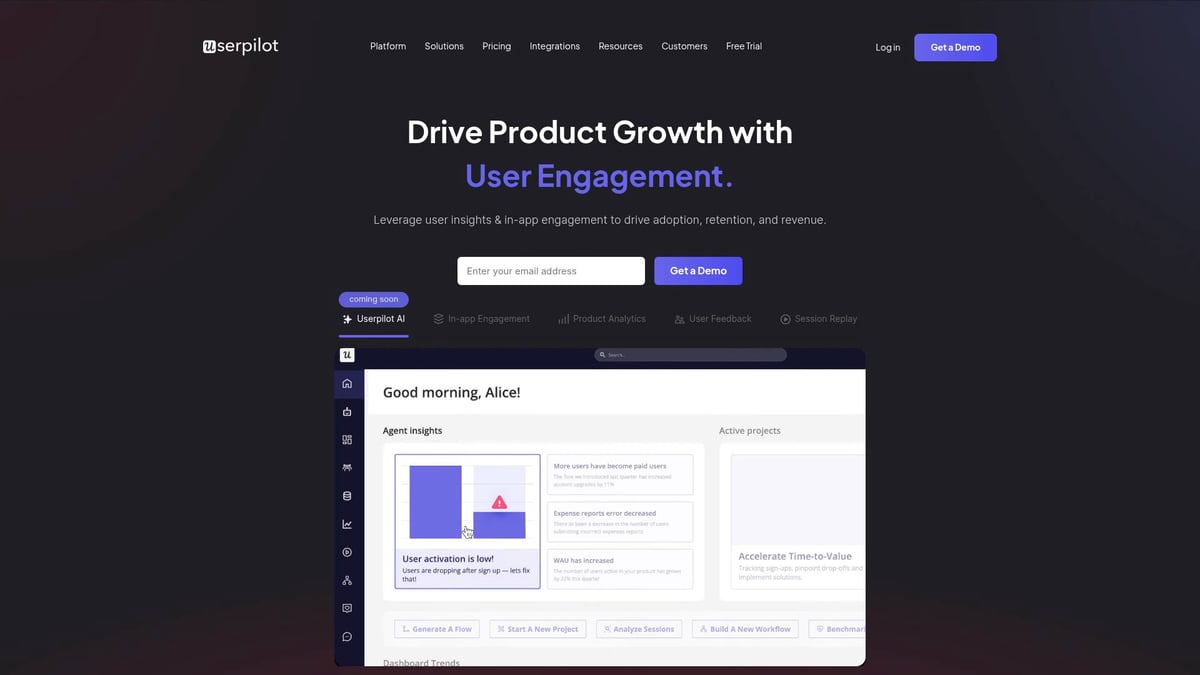
- Pros: No-code setup, high ROI on adoption
- Cons: Integration effort for complex stacks
Best for SaaS PMs and growth teams aiming to optimize onboarding and increase user engagement.
Comparison Table: 7 GTM Strategy Examples
| Company | Model | Key Benefit | Ideal Use Case |
|---|---|---|---|
| GTM Consult | Advisory | Unified GTM, ARR focus | Market entry, transition |
| Notion | Community | Viral, user-driven growth | Bottom-up adoption |
| HubSpot | Inbound | Content-led, freemium | Lead gen, expansion |
| Loom | PLG | Viral loops, fast adoption | Async comms, PLG launch |
| Zoom | Freemium | Viral, integrations | Remote collab, expansion |
| Pipedrive | Sales-led | User-centric, enablement | SMB sales, growth |
| Userpilot | Data-driven | PLG onboarding, analytics | Feature adoption, PLG accel |
These gtm strategy examples showcase a dynamic mix of approaches, each tailored to unique business needs. Whether you’re scaling through community, inbound content, or leveraging AI-driven onboarding, the key is aligning your teams and tools for measurable outcomes.
How AI and Agentic Automation Are Transforming GTM Execution
Imagine a world where your GTM strategy executes itself—autonomous agents, known as Agentic AI, now orchestrate everything from lead scoring to customer onboarding. This shift is redefining how B2B SaaS companies approach go-to-market, blending human creativity with machine-driven efficiency.
Real-World Impact of Agentic AI on GTM
Agentic AI is revolutionizing the way GTM strategy examples unfold in real businesses. Picture AI agents handling:
- Lead qualification with real-time scoring and routing
- Automated, hyper-personalized sales outreach
- Predictive analytics to reduce churn and optimize pipeline
- AI-powered chatbots capturing inbound leads 24/7
- Dynamic pricing models that react instantly to market signals
According to recent industry surveys, 70% of high-growth SaaS companies are investing in AI-driven GTM tools. For deeper insights into how AI is actively reshaping B2B SaaS go-to-market, see AI's Role in GTM Strategies.
Challenges and Next Steps
While the promise is massive, implementing AI and Agentic automation in GTM strategy examples is not without hurdles. Common challenges include:
- Data privacy and compliance complexities
- Integration with legacy tech stacks
- The need for tight cross-functional alignment
To stay ahead, start with small Agentic AI pilots, invest in upskilling your GTM teams, and measure every impact on pipeline velocity and ARR. The future belongs to those who blend innovation with execution.
Key Takeaways for Building Your 2025 GTM Playbook
Building a breakthrough GTM playbook in 2025 means learning from proven gtm strategy examples and weaving together the threads of unified execution, data, and innovation. The most successful SaaS and enterprise teams break down silos, aligning product, marketing, and sales as one growth engine. This shift not only accelerates pipeline and ARR, but also creates a culture focused on measurable results.
Agentic AI and automation are raising the bar for what’s possible. According to AI's Impact on SaaS Growth, high-growth SaaS companies are rapidly adopting AI to fine-tune every stage of their customer journey, from onboarding to retention. Unified GTM teams that leverage these tools consistently outperform on pipeline velocity and revenue.
To build a winning GTM playbook:
- Map your buyer journey and align every touchpoint.
- Blend product-led, sales-led, and AI-driven tactics tailored to your market.
- Leverage your community and content to fuel organic growth.
- Automate repetitive GTM processes for scale.
- Measure everything, iterate fast, and optimize for outcomes.
Avoid common pitfalls by learning why most GTM strategies fail and focusing on what works: clarity, cross-functional alignment, and data-driven decisions.
Audit your current approach, identify gaps, and prioritize initiatives that deliver measurable impact. The gtm strategy examples shared here are your blueprint—adapt these models to fit your unique context, and turn insight into action for 2025 and beyond.
After reading these real world GTM stories, you might be thinking about what this all means for your own growth journey. I’ve seen founders and growth leaders face that same moment—sitting with a notebook, mapping out how to turn these strategies into real pipeline and revenue. If you want a sounding board or a guide as you build your next GTM playbook, I’m here to help. Let’s talk about your challenges, your team, and how you can pull the right levers for 2025. Ready to turn insight into action?
Book Your Personal Intro Call

Latest From
The Blog
Go To Market Strategy Consulting Guide For 2025 Success

Go To Market Strategy McKinsey Guide For Success 2025

Crossing the Enterprise Chasm: A Practical Guide to Sales-Led Growth (SLG)


Let's Build The Future Together




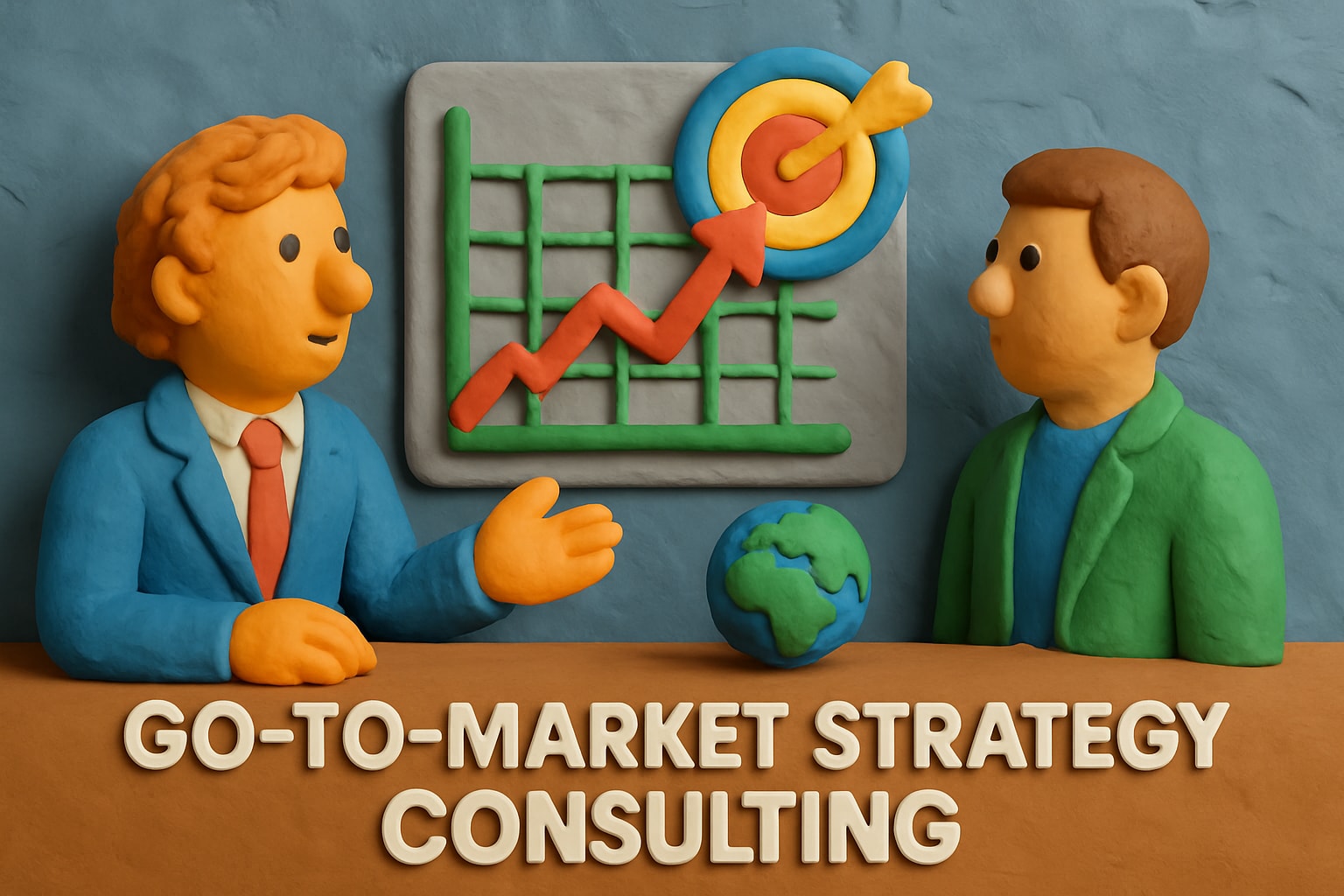
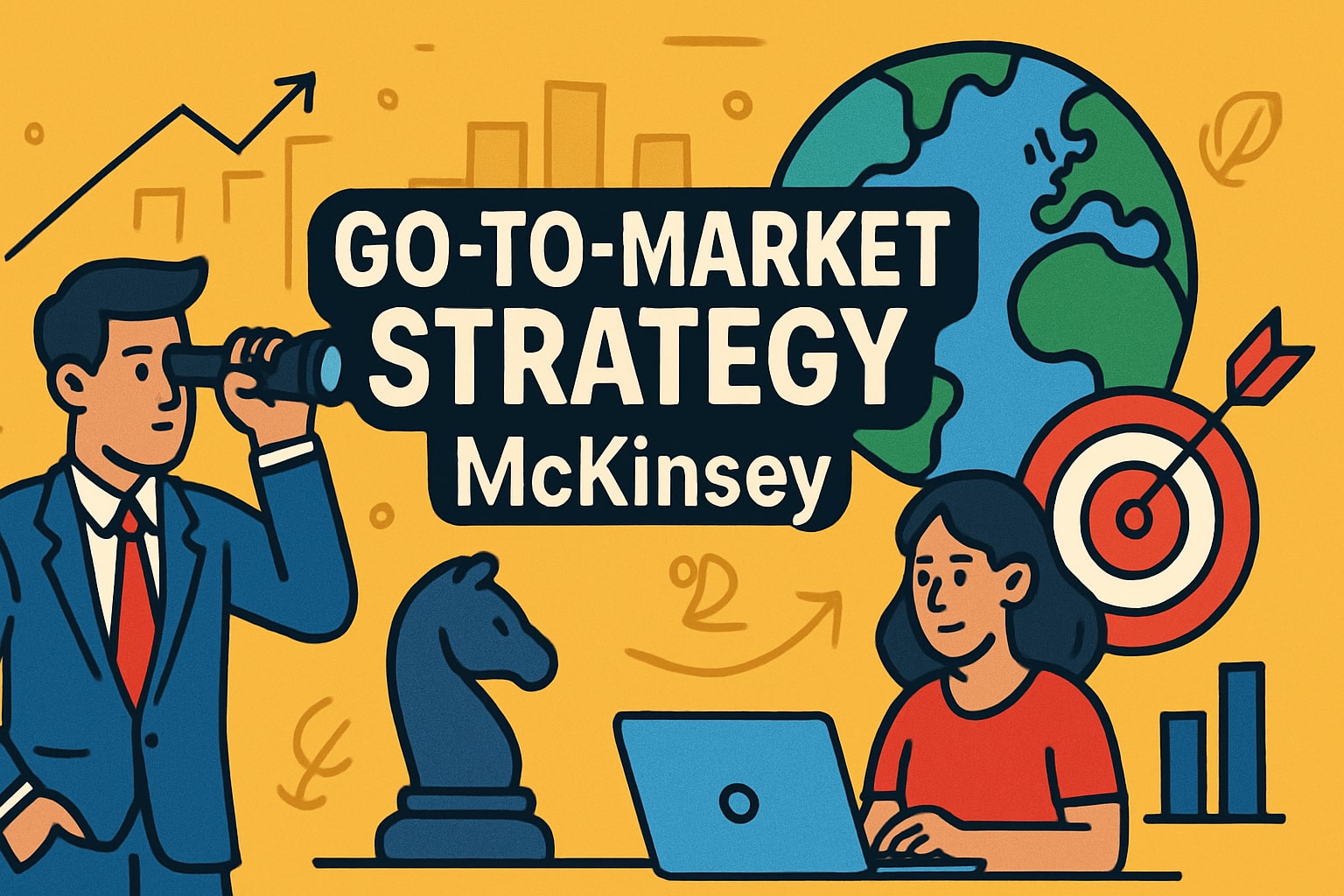
.jpg)